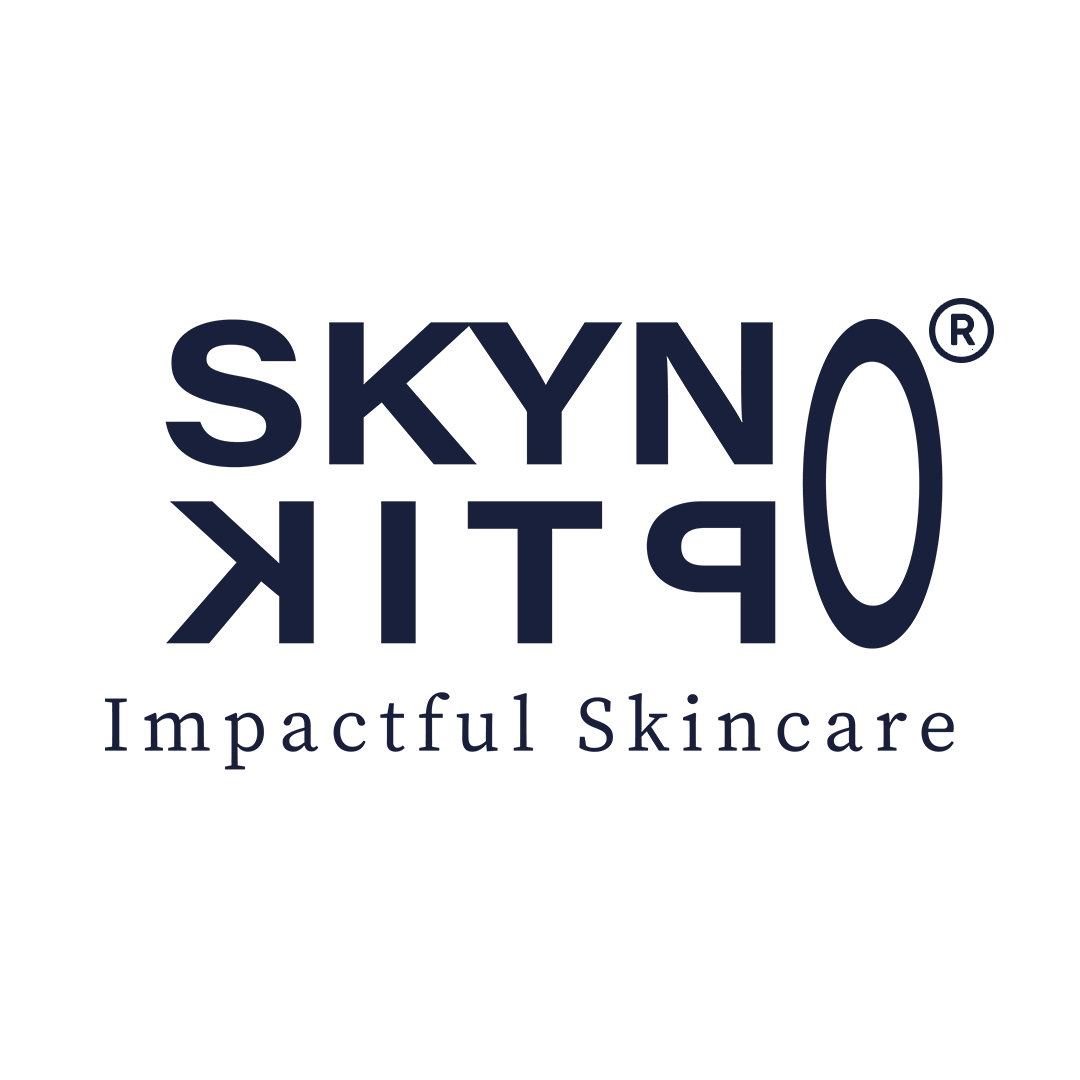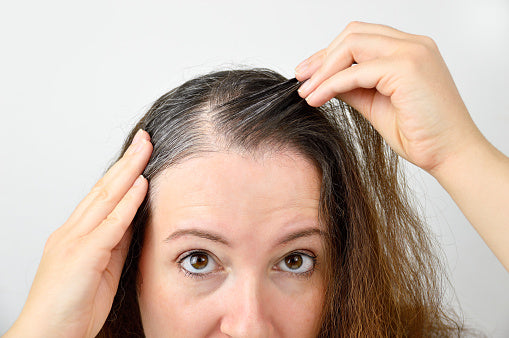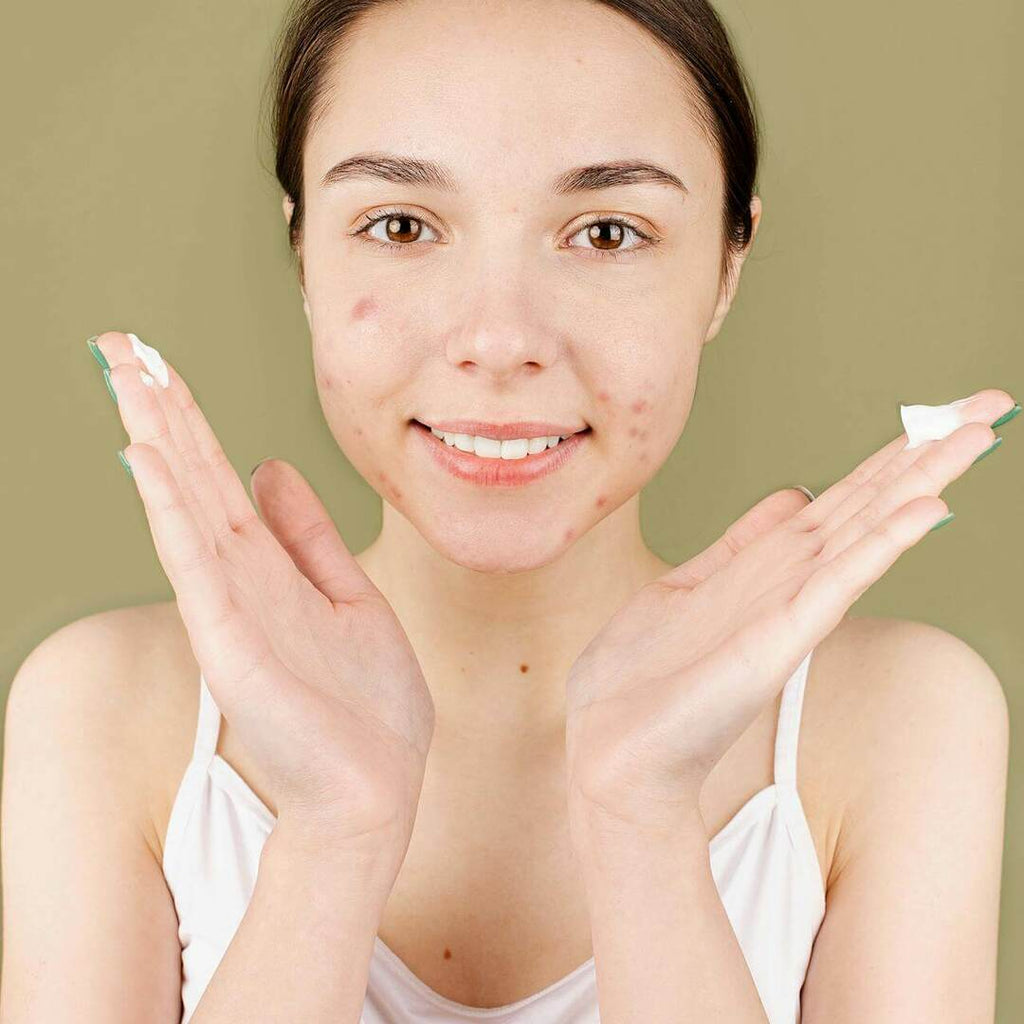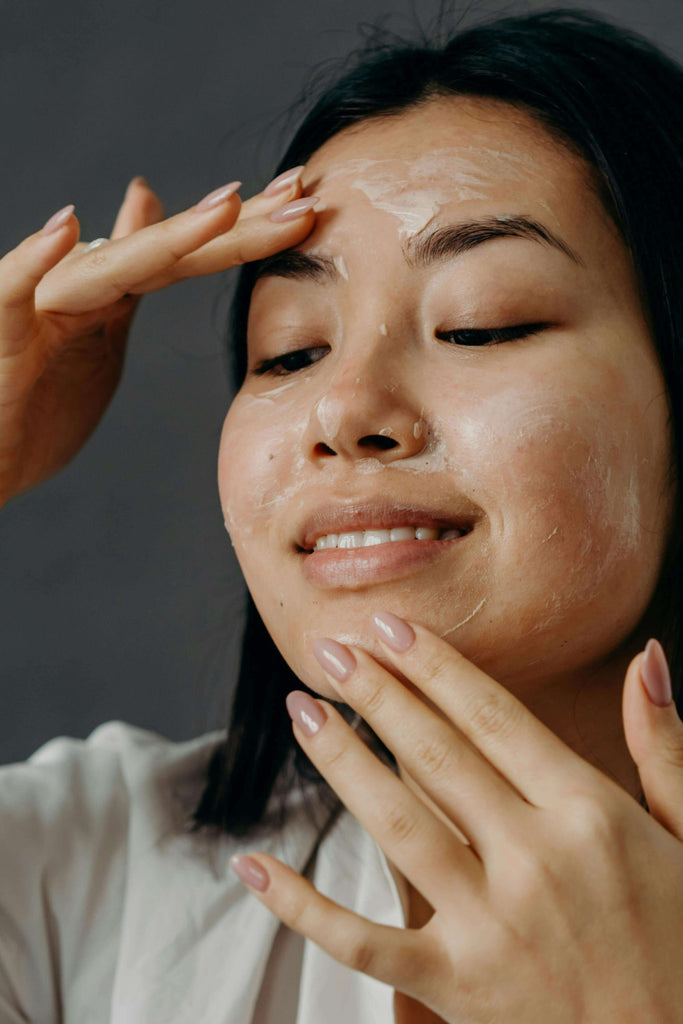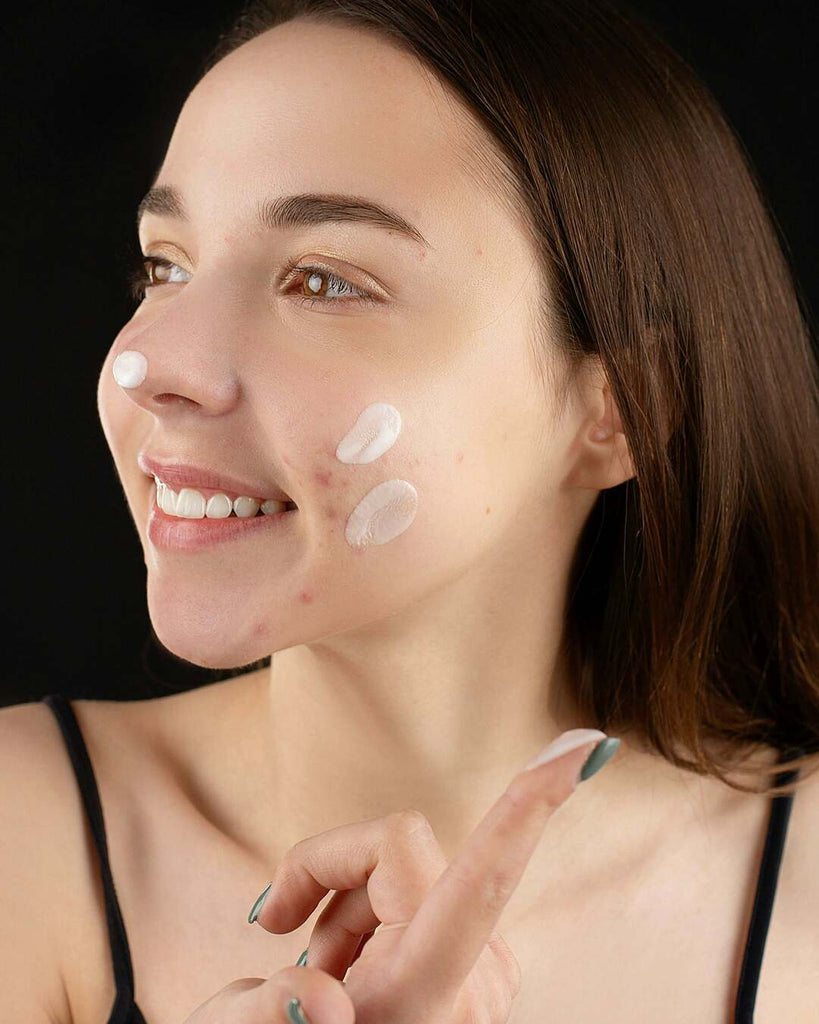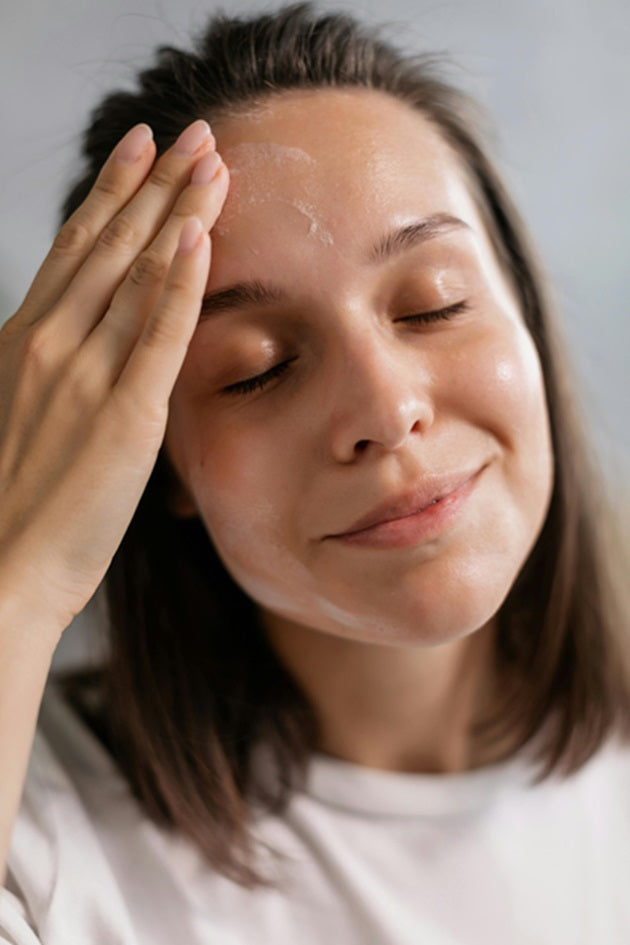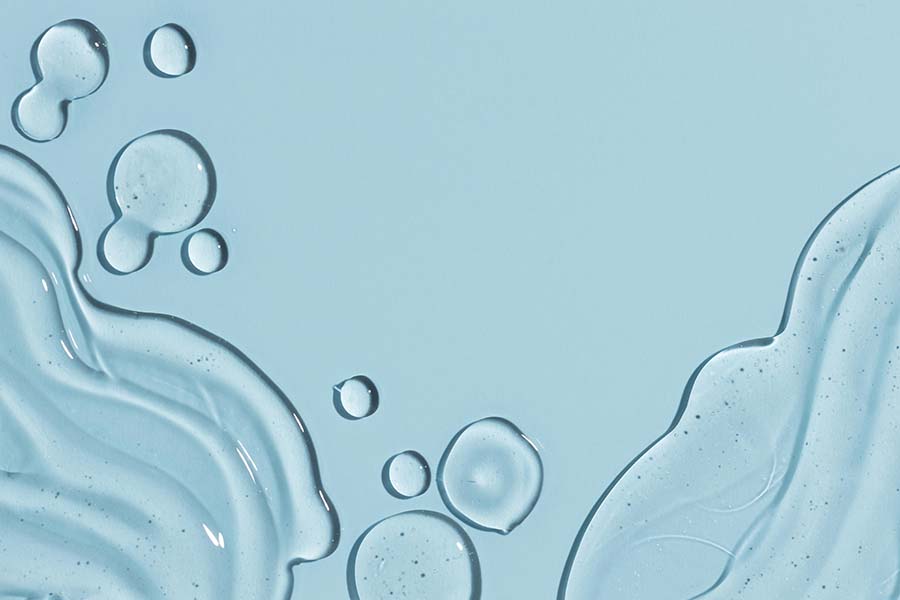
Hyaluronic acid – what it is and why you need it

None of the hydrating ingredients out there have reached the same level of fame as hyaluronic acid. Most of the skin care enthusiast know of it and most of the non-skin enthusiasts have heard of it.
It is a favourite ingredient for all the skin care products. this guide is to help you know about this potent skn care ingredient.
What Is Hyaluronic Acid?
Think of hyaluronic acid as nature’s moisturizer. Skin relies on hyaluronic acid’s ability to draw water to itself like a sponge. By pulling in hydration, it keeps your skin cells operating smoothly and efficiently. It has the ability to hold 1000 times its weight in water. Though best known for its ability to hydrate skin, soften, and minimize lines and wrinkles, it can also help with wound healing.
While you naturally produce hyaluronic acid, research shows that the amount of it present in your skin (particularly in your epidermis, the outermost layer of skin) reduces over the years. This gradual loss — along with that of collagen and elastin — makes skin feel dry, look slack, and become prone to lines and wrinkles. Sun exposure also breaks down hyaluronic acid, leading to moisture loss in the short term, too.
Is Hyaluronic Acid Bad for Your Skin?
there are myths about HA. One that is most prevelant is of the most prominent is that in dry climates, hyaluronic acid can actually dry skin out when applied. the thinking behind it is that Since there’s no moisture to pull in from the air, it draws moisture out from deeper layers of skin instead. Other is that it can draw in pollutants.
To put these to rest, it has been proved that it is not how HA works. HA moleclues just remains on the surface of the skin. To prevent the dissipation, apply an occlusive ingredient that will trap the moisture in the skin so it can do its job plumping, healing, and hydrating your complexion. Plant oils are fab for this moisture-sealing action because they work on the skin’s surface to smooth and moisturize as well.
Is Hyaluronic Acid Safe?
Yes, because it is a naturally-occurring substance, everyone has this as part of their own skin support system. It’s safe for every skin type, even those with sensitive skin and there is no known maximum amount, either for its safety or efficacy, and it is unlikely to cause any allergic reaction.
What’s the Best Way to Apply Hyaluronic Acid?
While HA is effective on its own, certain pairings can maximize its efficacy. Hyaluronic acid is a humectant, which draws in moisture, and it makes sense to pair it with an emollient or occlusive, which locks in moisture. The combination makes a great pairing for achieving the best hydration level — by getting water and keeping water in the skin.”
The Bottom Line
Hyaluronic acid offers plenty of benefits — namely, the ability to keep skin smooth, plump, and well moisturized — with few to no drawbacks, particularly if you use it properly. And as proper hydration is the goal of any good skincare routine, hyaluronic acid definitely deserves a place in yours.
